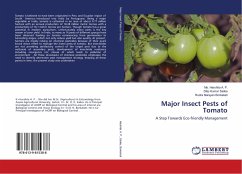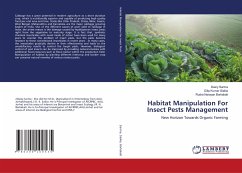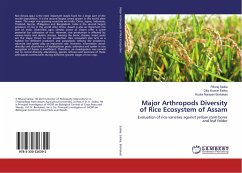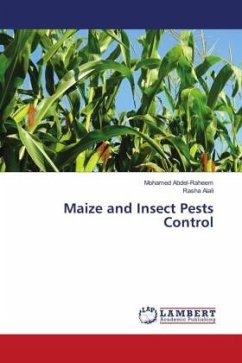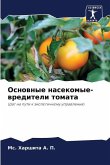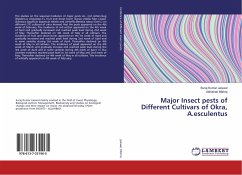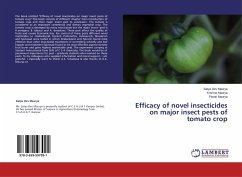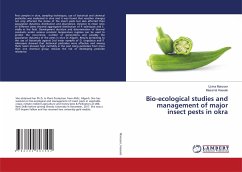Tomato is believed to have been originated in Peru and Ecuador region of South America; introduced into India by Portuguese. Being a major vegetable in India, tomato is cultivated in an area of about 0.77 million hectare with an annual production of 18.28 million metric tonnes with a productivity of 16.1 metric tonnes per hectare. Though tomato has a great potential in modern agriculture, unfortunately insect pests is the key reason of poor yield. In India, as many as 16 pests of different groups have been observed feeding on tomato commencing from germination to harvesting stages, which not only reduce yield but also quality. At present, farmers are mostly relying on chemical pesticides because of their quick knock down effect to manage the insect pests of tomato. But insecticides are not providing satisfactory control of the target pest due to the outbreak of secondary pests, development of insecticide resistance including resurgence etc; misuse of which leads to pollution of environment . All these drawbacks of chemical pesticides emphasize the need to identify alternative pest management strategy. Keeping all these points in view, the present study was undertaken
Bitte wählen Sie Ihr Anliegen aus.
Rechnungen
Retourenschein anfordern
Bestellstatus
Storno

